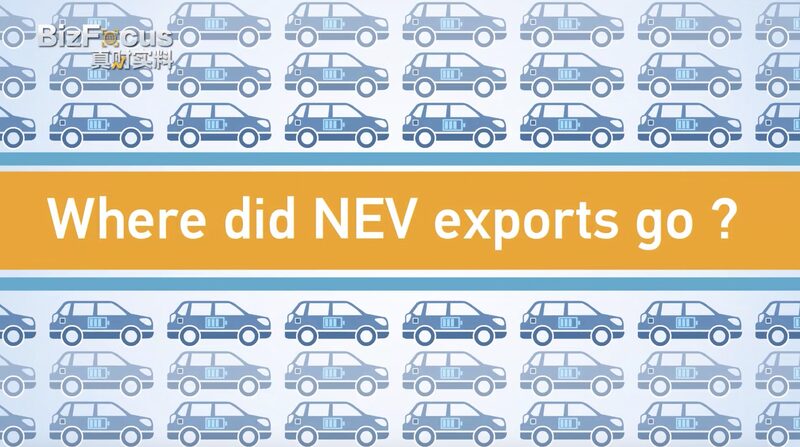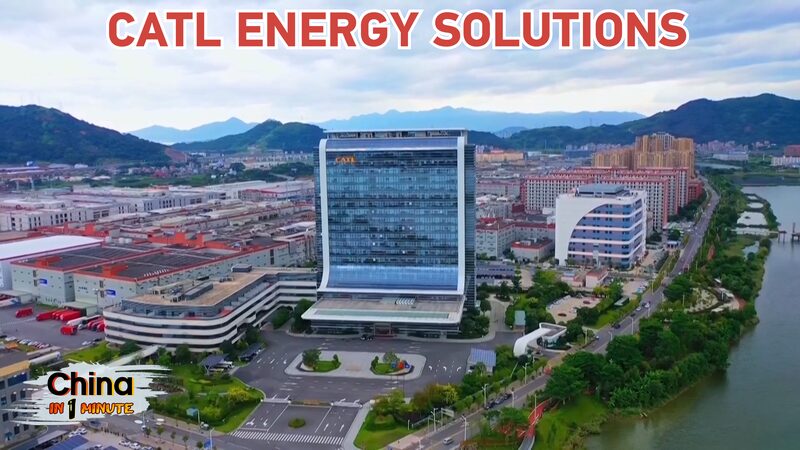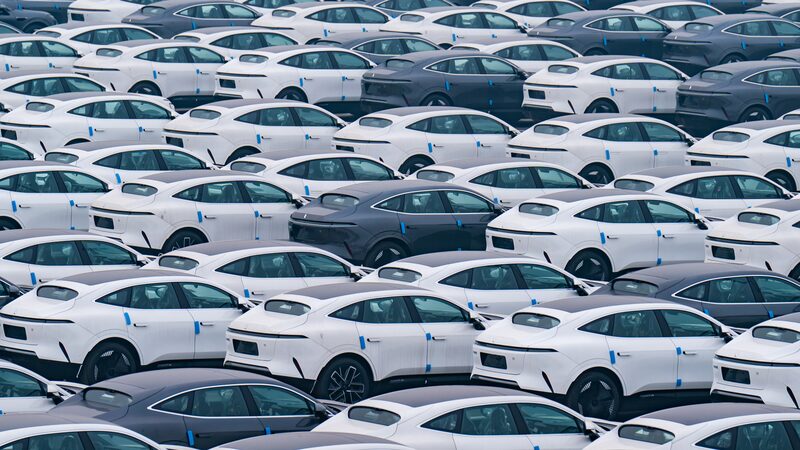Liuzhou, a vibrant city of around four million in south China's Guangxi Zhuang Autonomous Region, has been quietly making waves—and not just with its famous luosifen rice noodles! 🍜🚗
Thanks to local carmakers like Wuling Motors, an abundance of battery charging stations, discounted parking, and buyer-friendly policies, Liuzhou has rapidly transformed into a hub for new energy vehicles (NEVs). In 2023 alone, the city produced 477,000 NEVs, with 17% of its residents owning one. The penetration rate has soared past 50%, showcasing Liuzhou as a beacon of China's NEV advancements.
Meanwhile, across the globe, Detroit, once the heart of America's automotive industry, faces decline with sluggish growth and a shrinking population. 📉🔥 Automotive journalist Kevin Williams recently attended the Beijing Auto Show and shared his thoughts after test-driving numerous Chinese-made cars: “Western automakers are cooked.”
China's surge in NEVs isn't just about technology—it's a shift towards a greener, more sustainable lifestyle. The demand for affordable and reliable electric vehicles is skyrocketing, aligning with global trends towards clean energy.
Consider the history of the iconic U.S. brand Ford. The Model T, launched in 1909, was initially priced at around $825 ($24,000 today) and was a luxury for many. It wasn't until 1925, with the advent of mass production and automation, that the price dropped to $260, making it accessible to the average person. Similarly, NEV prices in China have seen significant reductions, with the first quarter of 2024 witnessing price cuts equivalent to 60% of those in all of 2023 and matching those in 2022.
As the electric vehicle market heats up, it's crucial for carmakers and governments to prioritize not just profits, but also the planet and the well-being of their people. 🌍✨
Reference(s):
cgtn.com







